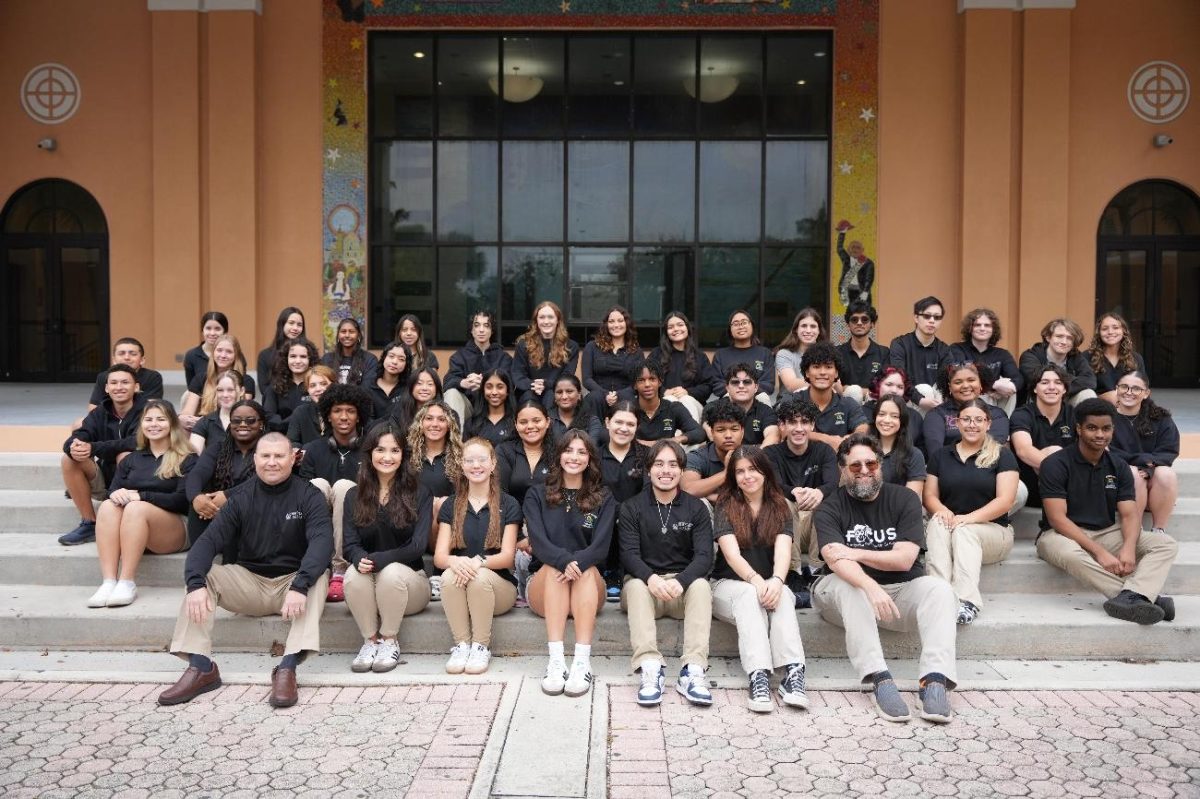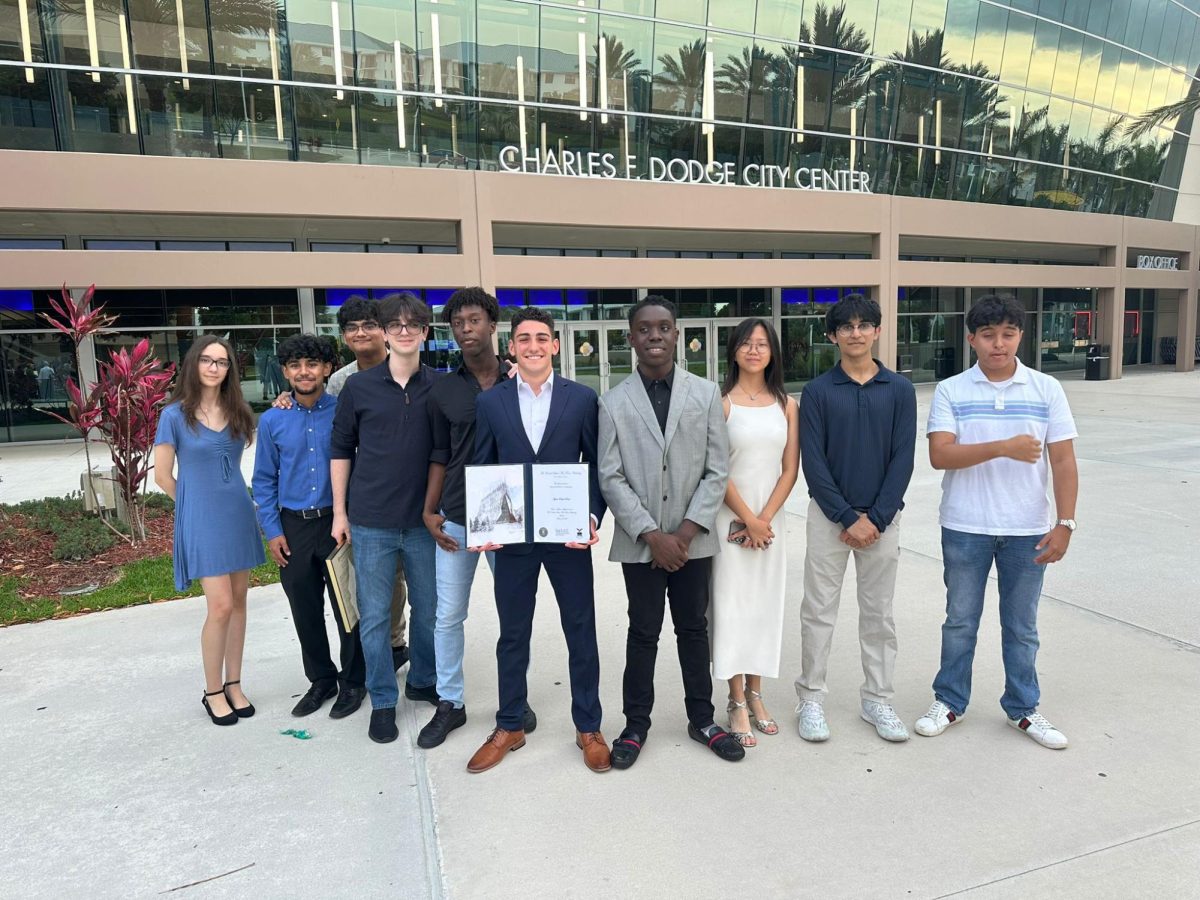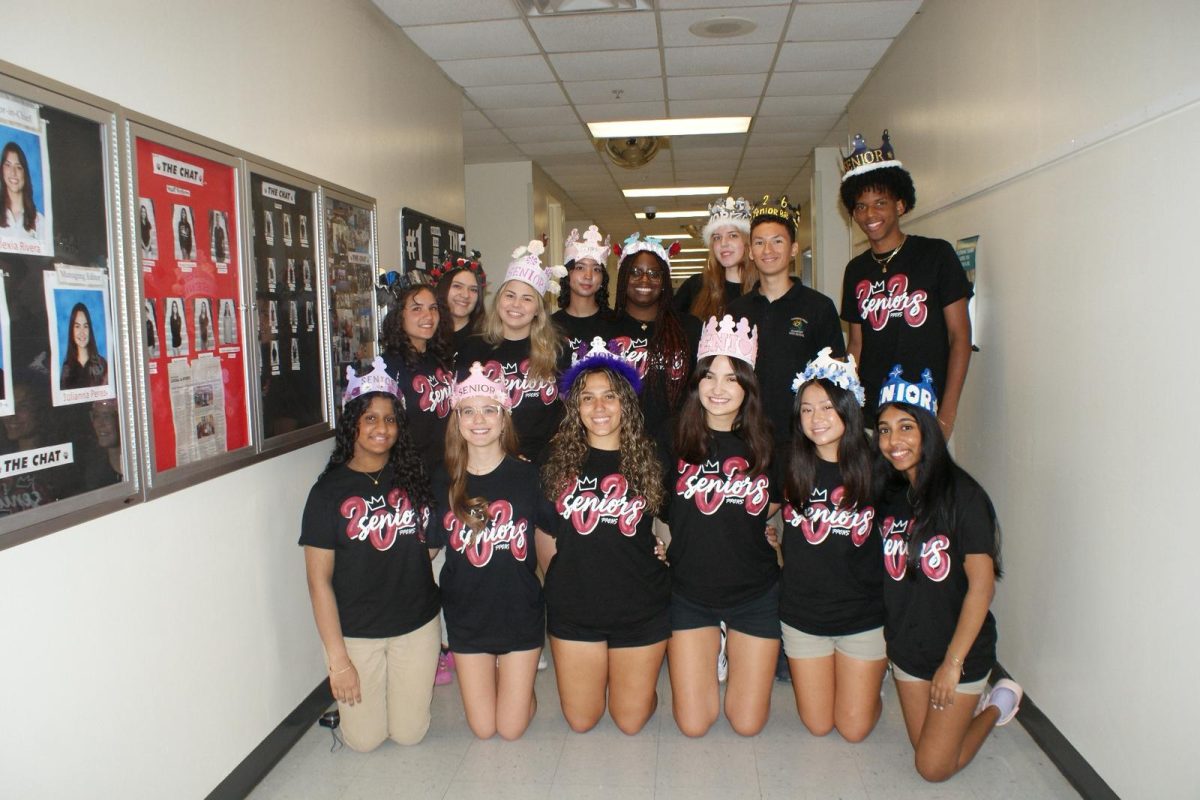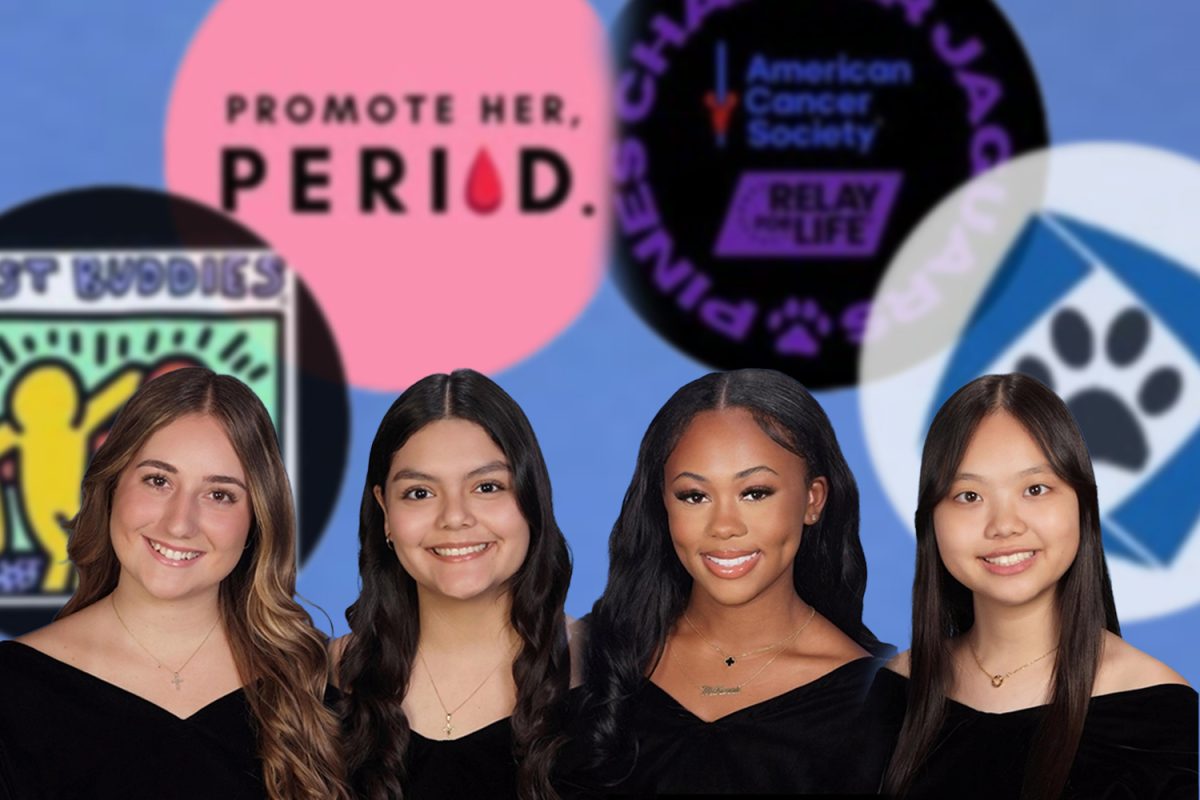People like Brooke Schofield, Ice Spice, and Alix Earle are among the most popular names on social media. Due to their “relatability” and interesting content, it was not long before they were boosted up to the top of the social media chain. However, despite their huge following, they are examples of why people should not have high expectations for online content creators.
For many people, the idea of relating to someone popular can attract them to become a member of their fanbase. Celebrities form emotional connections with their followers by being “normal.” With TikTok being a huge mainstream media for influencers to expand their content and rise to fame, influencer Alix Earle is no different.
In a recent TikTok video, Earle talks about her house decor and how messy it is. One comment on the video states, “Why is it so hard to be clean? It’s a daily struggle for me. I’ll clean and within an hour it’s a mess again.” Earle responds, “Same.” The smallest relation like this can make fans obsessed; it will make people feel like Earle is their friend.
Although being relatable is amusing to fans, there will be times when fans feel let down. For example, Ice Spice is under the scope for the wrong reasons. Rapper Cleopatra has denounced her for being a “fake friend.” She also posted six videos on TikTok saying that fans “deserve to know who [she] is as a human being.”
Spice is now facing backlash from fans over the mistreatment of Cleopatra. However, Spice could have always been a person with unfriendly intentions, but viewers wouldn’t know because they do not know her in person. People can only judge influencers based on what they see online, not real life.
As for Earle and Schofield, they have been explaining themselves to their fanbase because of the recent exposure of their past to the public.
Earle was exposed for saying a racial slur at 13 years old. In her apology that was written earlier this week, she says, “I am taking accountability and want to make it clear that I was 13 years old and did not understand the deeply offensive meaning behind that word.”
Schofield was also under fire for defending George Zimmerman’s killing of Trayvon Martin, saying racist profanities in public, and insulting black people’s hair. In a recent video she has posted, she says, “I’m sorry. I’m very, very sorry to anybody who is hurt by the tweets because they’re very hurtful. This is not how I think, that is not what I believe, and I’m 27 years old now. I’ve had so much time to learn and grow and formulate my own opinions.”
Idolizing these influencers can be a difficult game because no one ever truly knows who someone is. Influencers don’t apologize for their controversial past, they apologize because their career is at stake. That’s not an honest apology and people shouldn’t look up to influencers if they won’t be truthful to their audience or themselves.
Some people with a high following will be able to live the “influencer lifestyle,” while others will live the lavish life before it all comes crumbling down along with their fans. Influencers should not be idolized because they are normal people who were fortunate enough to gain a following, but they still have a hidden past. Remember: just because someone online seems real doesn’t mean that they are.















